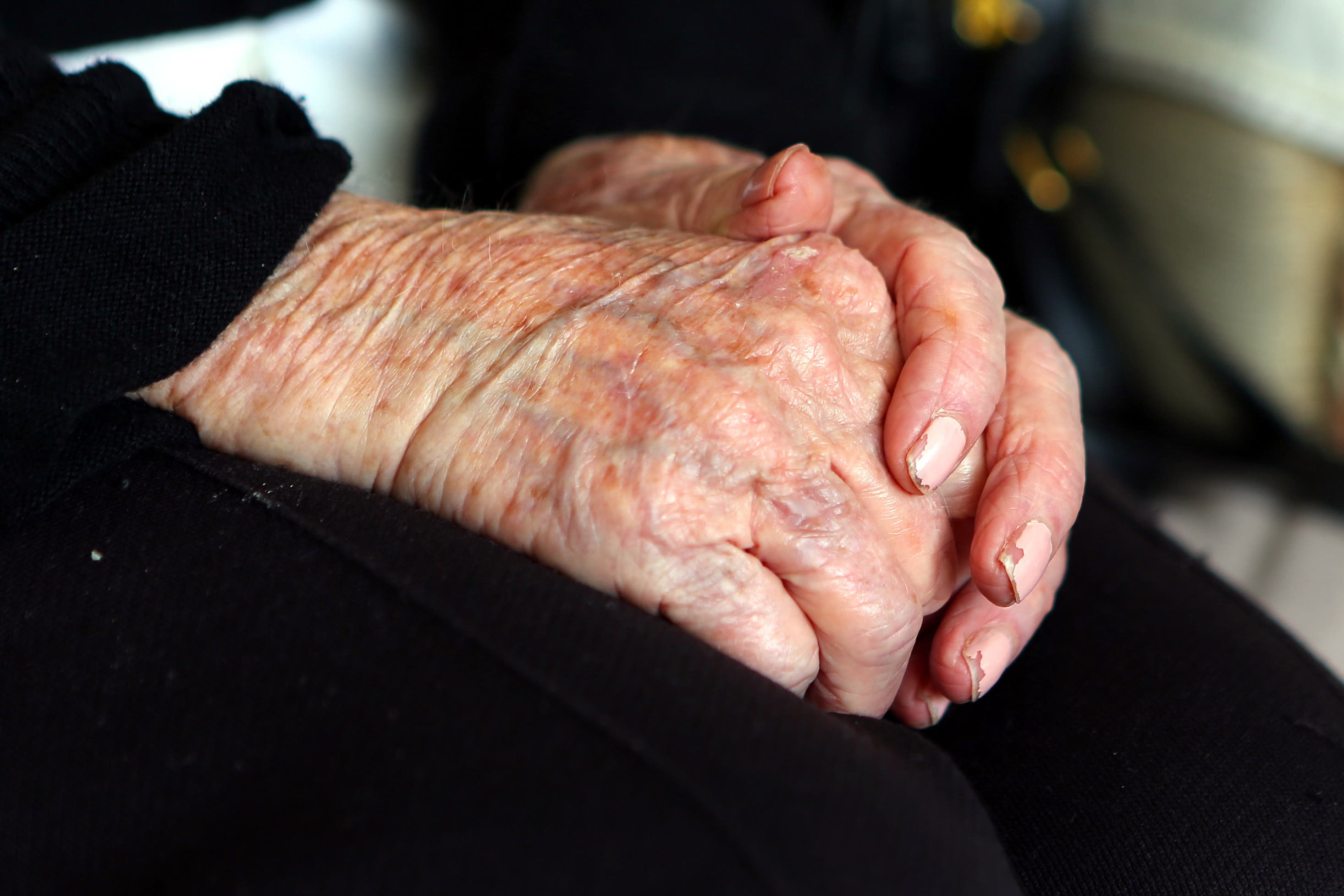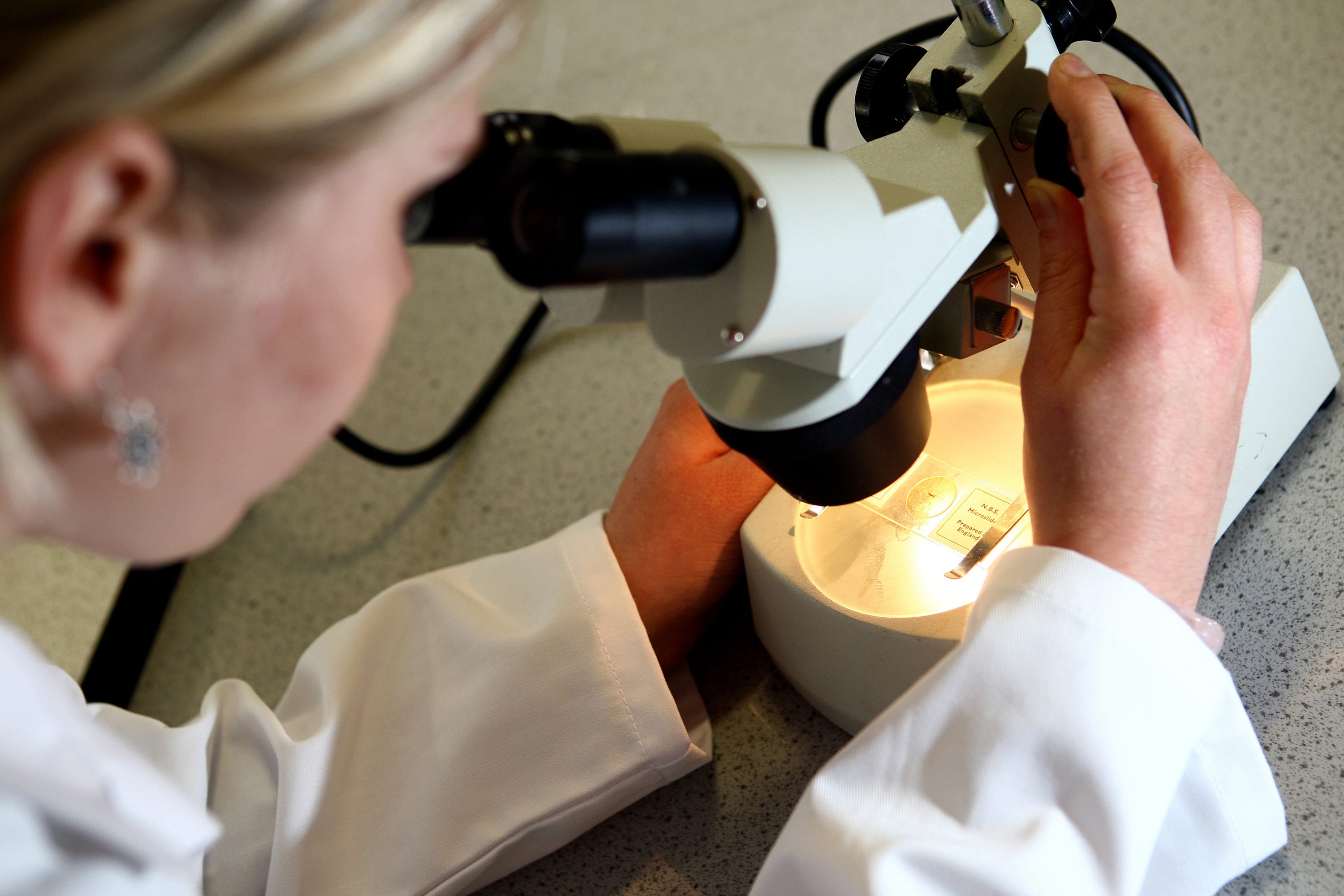New breakthrough laser test could detect different types of dementia in seconds
Diagnosing dementia can take more than two years with current tools

Your support helps us to tell the story
From reproductive rights to climate change to Big Tech, The Independent is on the ground when the story is developing. Whether it's investigating the financials of Elon Musk's pro-Trump PAC or producing our latest documentary, 'The A Word', which shines a light on the American women fighting for reproductive rights, we know how important it is to parse out the facts from the messaging.
At such a critical moment in US history, we need reporters on the ground. Your donation allows us to keep sending journalists to speak to both sides of the story.
The Independent is trusted by Americans across the entire political spectrum. And unlike many other quality news outlets, we choose not to lock Americans out of our reporting and analysis with paywalls. We believe quality journalism should be available to everyone, paid for by those who can afford it.
Your support makes all the difference.A new test that uses lasers to detect different types of dementia in just seconds could “revolutionise” how the disease is diagnosed.
Dementia can take up to two years to diagnose but this laser-based technique is cheaper than current tests and can provide results in just seconds, researchers said.
Experts at the University Hospital Southampton (UHS) and the University of Southampton are leading a study that analyses bodily fluids such as blood, spinal fluid or mucus using lasers to identify people with dementia early in the disease.
Initial tests have shown it can detect Alzheimer’s disease with an average accuracy of more than 93%, they added.
Professor Chris Kipps, consultant neurologist at University Hospital Southampton, said the new technique represents “a breakthrough in medical technology” and could “change the way we approach dementia diagnosis”.
He said: “This innovation is not just a leap in healthcare quality; it’s a paradigm shift, redefining our approach to neurodegenerative disease in the clinic.”
More than 850,000 people are living with dementia in the UK, with numbers expected to rise to 1.4 million by 2040.
There are many different types of the condition, such as Alzheimer’s and vascular dementia, which is progressive and gets worse over time.

Diagnosing dementia can take more than two years with current diagnostic tools, which can include brain scans and memory tests.
Many people do not receive a diagnosis until a much later stage in the disease when treatment options are less effective, the researchers said.
They said one of the main challenges is distinguishing between closely-related dementia types.
The hope is that the new technology, known as multi-excitation Raman spectroscopy (MX-Raman), will create what the researchers call a “biochemical fingerprint” of a person to help pinpoint the type of dementia.
Professor Sumeet Mahajan, professor of molecular biophotonics and imaging at the University of Southampton, said: “Our integrated approach has the potential to revolutionise dementia diagnostics.
“There is an urgent unmet clinical need for more discriminatory, efficient and cost-effective solutions.
“Our holistic MX-Raman technique is uniquely equipped to address these challenges and we want to see this technology lead to vastly improved patient outcomes.”